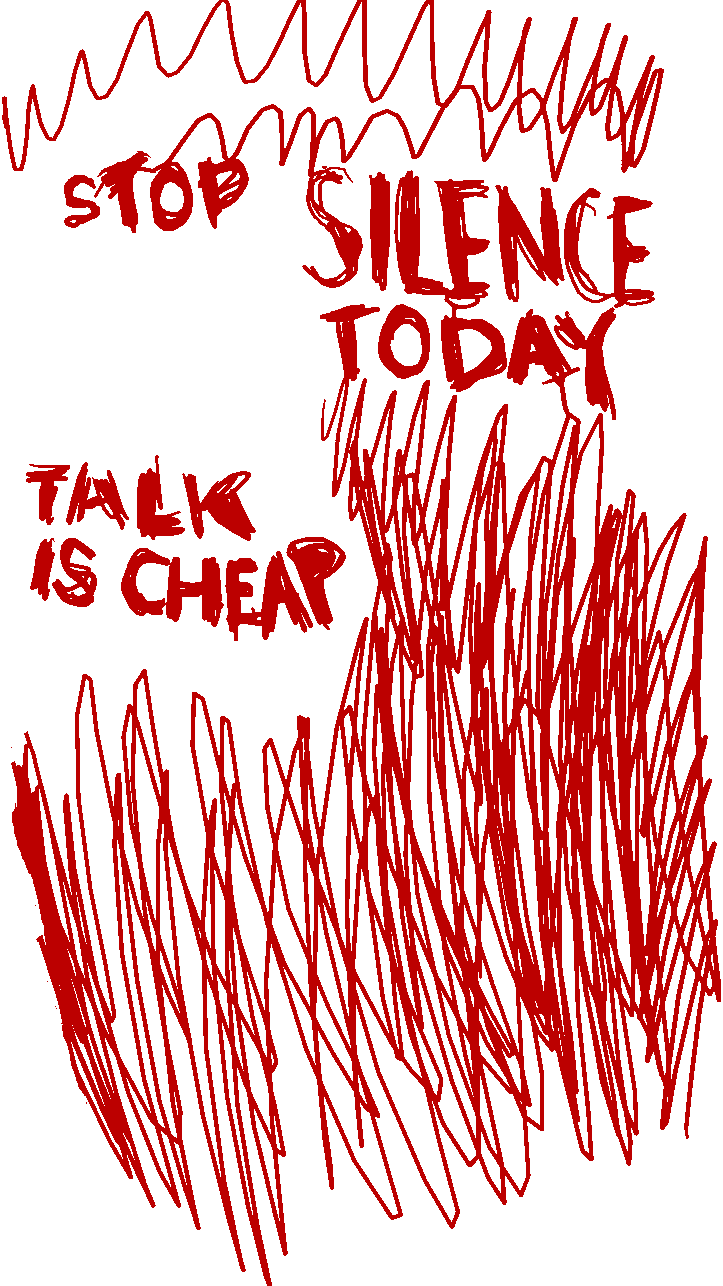Slovakia’s Prime Minister Robert Fico warned Monday that proposals by Western states to send troops to Ukraine, “even if only on a bilateral level,” would lead to a “significant escalation of tensions.”
After the meeting of European leaders in Paris on Monday, French President Emmanuel Macron announced that sending Western troops to Ukraine “cannot be ruled out.”
But, he said there was “no agreement this evening to officially send troops onto the ground.”
In a post published after the meeting, Fico said he found the “purely combat atmosphere” at the meeting supporting the war “disappointing,” and that his government “will never agree to send Slovak troops to the war in Ukraine.”
CNN has reached out to Fico’s office for further comment.
Meanwhile, the head of the German Green party which is part of the ruling coalition, Omid Nouripour, has also sought to allay fears of sending troops to Ukraine, saying “I saw a humorous Macron who simply wanted to say: I don’t want to rule out anything.”
Nouipour said the idea of sending German troops was not up for debate: “It is not an issue at all. It is not an issue in the discussion in Germany and also not in an alliance.”
That sentiment was echoed by Hungary’s Foreign Minister Péter Szijjártó, who said the country was not prepared to send either weapons or soldiers to Ukraine.
“The war must be ended, not deepened and widened,” he said in a post on Facebook.
CNN’s Chris Stern in Berlin and Stephanie Halasz contributed to this report.













